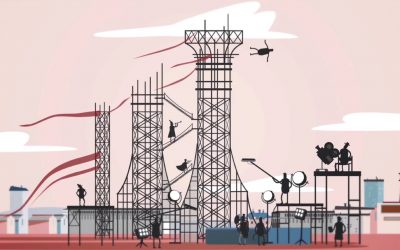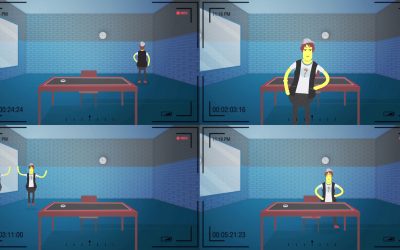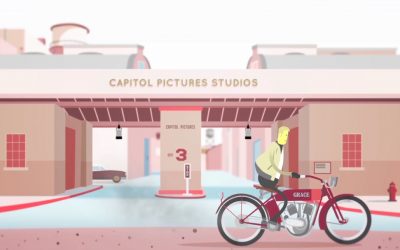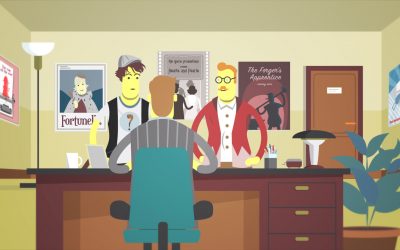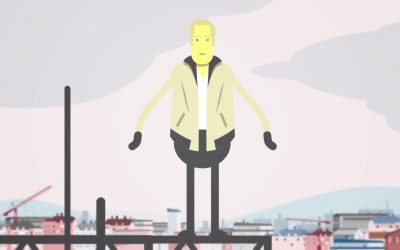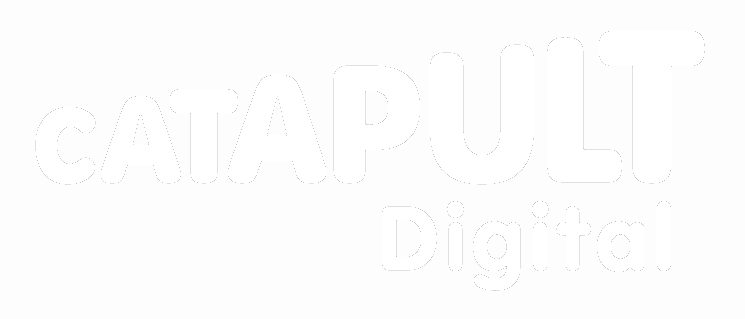27. THE INTERVIEW TAPE
In the Forger’s Apprentice, Sherlock and John are being interviewed. In this Case File #27, we look at the different types of rights that may be ‘caught’ in the recording of interviews. We draw on Case Files #22, #23 and #26 which considered questions of sole and joint authorship, categories of copyright works, and performers’ rights.
INTERVIEWS AND COPYRIGHT
There are eight different categories of works protected by copyright outlined in the Copyright, Designs and Patents Act 1988 (the CDPA) (see Case File #23). Different aspects of the recorded interview will fall within different categories, depending on the nature of the content and how the interview has been recorded.
First and foremost, the interview itself – that is, the words, the testimony, the questions and answers spoken by the interviewer and interviewee – may qualify as a literary work under the CDPA. Section 3(1) specifically provides that ‘spoken’ words may be regarded a literary work that attracts copyright protection. As explained in Case File #14, literary works must be ‘fixed’ in writing or otherwise to be protected. This can be achieved by writing down the interview or by recording it in some way.
Whenever an interview is recorded, the recording itself will give rise to a second layer of copyright protection. An audio recording of an interview will be protected as a ‘sound recording’ (section 5A), whereas an audiovisual recording will be classed as a ‘film’ (section 5B).
The requirement of originality, described in Case Files #1 and #14, will almost inevitably be satisfied, regardless whether protection is sought under the category of literary works, sound recordings or films. This is because interviews tend to be the result of improvised or spontaneous conversations between two individuals and are unlikely to be based on pre-existing copyright material.
INTERVIEWS AND AUTHORSHIP
In general, interviews take place under the direction of the interviewer who selects the questions and themes to be discussed throughout the interview as well as deciding when to end with one line of questioning before moving on to the next. This may give the impression that the ownership of the interview should exclusively belong to the interviewer.
However, many would argue that interviews are only interesting to readers or listeners for the interviewee’s answers. As such, it is the participation of both individuals that gives an interview its substance and value. For this reason, interviews are perhaps better understood to be the work of two contributors: both the interviewer and interviewee. Indeed, just as an interviewee’s responses follow the lead of the interviewer’s questions, an interviewer’s questions are often influenced by preceding answers given by the interviewee. The input and contribution of both individuals can become so intertwined throughout the course of the interview that they come to be regarded as a single collaborative work. As such, in most instances, an interview that qualifies for protection as a literary work will typically be regarded as a work of joint authorship, jointly owned by the interviewer and interviewee (see Case File #22 for more on joint authorship).
The fact that only one of the two contributors may be responsible for recording the interview (most often, the interviewer) does not affect the recognition of joint authorship of the interview itself. It does not matter who fixes the work in some material form, so long as fixation takes place (section 3(3)).
While the interview may be a work of joint authorship, as we noted above, the recording of the interview will also be protected as a separate copyright work, whether as a sound recording or a film. The person who arranges and controls the making of the recording will be the author and the first owner of the copyright in the recording. Typically, this will be the interviewer (or the organisation or company for which they work).
PERFORMERS’ RIGHTS IN INTERVIEWS
As explained in Case File #26, any performance of a literary, dramatic or musical work, improvised or not, is eligible for protection under the regime of performers’ rights. That is, while interviewers and interviewees jointly create a literary work (the interview), at the same time they are also performing that work: as such, they would be regarded as ‘performers’ benefitting from performers’ right.
Or at least, this appears to be the situation under the current law in theory. In practice, however, whether an interviewer and interviewee are the performers of their own (improvised) literary work has not been decided in court. If the question is ever litigated, it is possible that a court would adopt a definition of ‘performance’ that excludes the performance of improvised literary works in general, or interviews in particular. This is because the CDPA currently defines a ‘performance’ in relation to an already existing work. That is, section 180(2)(c) states that a performance means ‘a reading or recitation of a literary work’. A literal reading of this provision suggests that the literary work must already exist before it can be performed. A court may decide that an interview cannot be regarded as ‘a reading’ or ‘a recitation’ of a work, since no existing work is in fact being read or recited: rather the literary work (the interview) is being created at the same time as it is being performed. If this interpretation were to prevail, neither interviewers nor interviewees would be able to claim protection under performers’ rights.
The situation would almost certainly be different if the interview was scripted. That is, if the interviewee received the questions and wrote down his or her answers before starting the interview, they would be ‘performing’ the scripted answers on camera. What do you think? Should interviewers and interviewees be able to claim performers’ rights in interviews? Should it make any difference whether the interview is scripted or not?
In any case, the interviewer and interviewee would still enjoy copyright in the interview as a literary work. Indeed, because performers’ rights and copyright overlap in the protection they confer, in many situations interviewers and interviewees will have little to gain from claiming both kinds of protection simultaneously. Claiming copyright will often be sufficient to address their economic and other interests. However, if they have assigned their copyright in the interview to another party, then trying to claim performers’ rights in the interview may still have value and significance.
CURIOSITY
Although most countries follow similar principles of copyright law, the rights vested in interviews are one of the few exceptions where the level of protection will vary from one jurisdiction to the next. In the United States, for example, the law pays greater attention to the person in charge of fixing the interview as a literary work. As a result, if the interviewer is solely responsible for recording the interview, it will be owned by him or her alone.
Compare this rule to the position in the UK. Can you think of reasons why the UK has adopted a different approach? Which rule is preferable: the US or the UK?
Also, in France, judges have been reluctant to grant performers’ rights to individuals who perform as themselves in front of the camera, whether on a Reality TV show or as part of an interview or documentary. French courts consider that these individuals are not ‘performing’ in the traditional meaning of the word because they are not ‘playing a role’, and so should not be granted performers’ rights. For this reason, it is unlikely that interviewers or interviewees would be granted performers’ rights under French law.
Do you agree with the interpretation of ‘performance’ given by French courts? Do you think that individuals featured in Reality TV shows or interviews are not ‘playing a role’?
FOR DISCUSSION: IT’S THE QUESTION THAT DRIVES US … OR IS IT?
We know that interviews are works of joint authorship owned by the interviewee and interviewer in most cases. Do you think this is fair? Can you think of scenarios or examples where the copyright vested in the interview will (or should) solely rest with either the interviewee or the interviewer?
USEFUL REFERENCES:
Copyright Designs and Patents Act 1988: http://www.legislation.gov.uk/ukpga/1988/48/contents
Ronan Deazley, An introduction to Copyright for Oral Historians (13 December 2016): https://quote.qub.ac.uk/assets/uploads/QUOTE-resources-Introduction-to-Copyright.pdf
Download the PDF version of Case File #22 – The Two Heads
Download the PDF version of Case File #23 – The Eight Categories
Download the PDF version of Case File #27 – The Interview Tape
More Case Files
22. The Two Heads
In this Case File #22 we consider the concepts of joint authorship and joint ownership of a copyright work.
23. The Eight Categories
In this Case File #23 The Eight Categories we consider the different categories of work that can be protected by copyright in the UK.
24. The Retrieved Image
This Case File #24 considers film as cultural heritage, the preservation exception for archive material, wider implications of preservation and restoration.
25. The Accidental Image
In this Case File #25 we explore the relationship between documentary filmmaking, the re-use of other people’s work and copyright exceptions.
26. The Recorded Performance
In this Case File #26 we look at the protection conferred to actors and other performers by performers’ rights.

